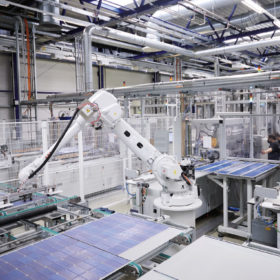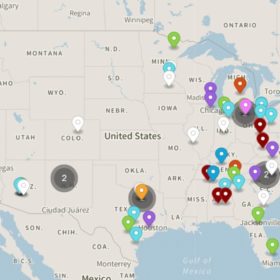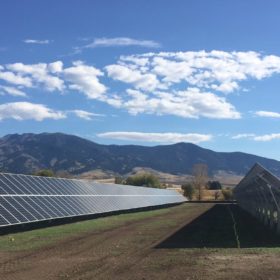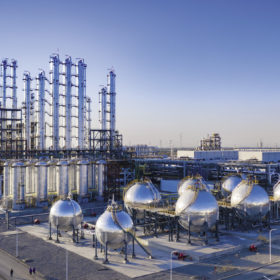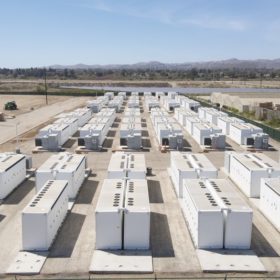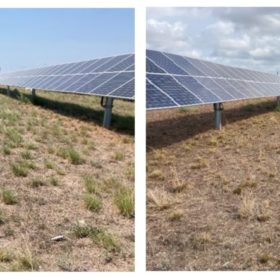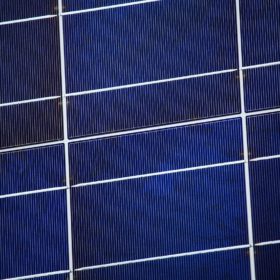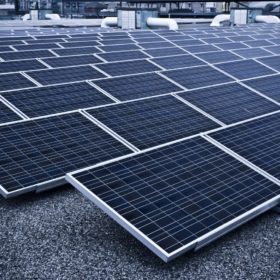Meyer Burger shifting to 100% glass-glass bifacial panels
Meyer Burger says it will shift all of its manufacturing operations away from plastic.
US solar developers take on module manufacturing risks
Multiple deals over the last six months have shown that solar panel manufacturers are using long-term solar module supply agreements with developers to drive factory finance.
Inverter sizing guides grid connection, rules US court
The US Court of Appeals has ruled that an 80 MW (AC)/160 MW (DC) solar farm, with 50 MW of battery storage, meets “Qualifying Facility” status of 80 MW (AC) or less under the Public Utility Regulatory Policies Act (PURPA) of 1978.
Polysilicon costs have slid by 96% per watt over past two decades
The volume of polysilicon per watt has fallen by 87% since 2004, while the inflation-adjusted price for polysilicon has dropped by 76%, according to Fraunhofer ISE.
US organizations publish manual on energy storage safety
The International Code Council and the Interstate Renewable Energy Council (IREC) have published a new handbook on installation codes, hardware standards, and lithium-ion risk-mitigation tools.
Is hydrogen about to have its solar moment?
As Longi and other solar manufacturers kick off massive growth in hydrogen generation capacity, expect large price decreases resulting from steep learning curves, echoing the rapid advances experienced by the solar power industry since the 1970s.
Optimized business model for agrivoltaics
BayWa r.e. has started optimizing its sheep count while experimenting with shepherd partnership business models.
US solar modules 107% more expensive without global supply chains
Researchers say that from 2008 to 2020, the globalization of solar module manufacturing saved $67 billion for US, German, and Chinese solar installers, even though it was dominated by Chinese investment.
Prospects for US solar electricity at $0/kWh
A new Credit Suisse report suggests that from 2025 through 2032, the United States could see solar and wind power purchase agreements regularly signed for under $0.01/kWh, due to a combination of manufacturing and project tax credits.
Analysis of solar inverter responses to forest fires
The North American Electric Reliability Corporation inverter reliability team has determined that inverter settings need to be further developed to help them to respond more effectively to forest fires, which triggered power grid issues in the United States during the 2016-17 period.
